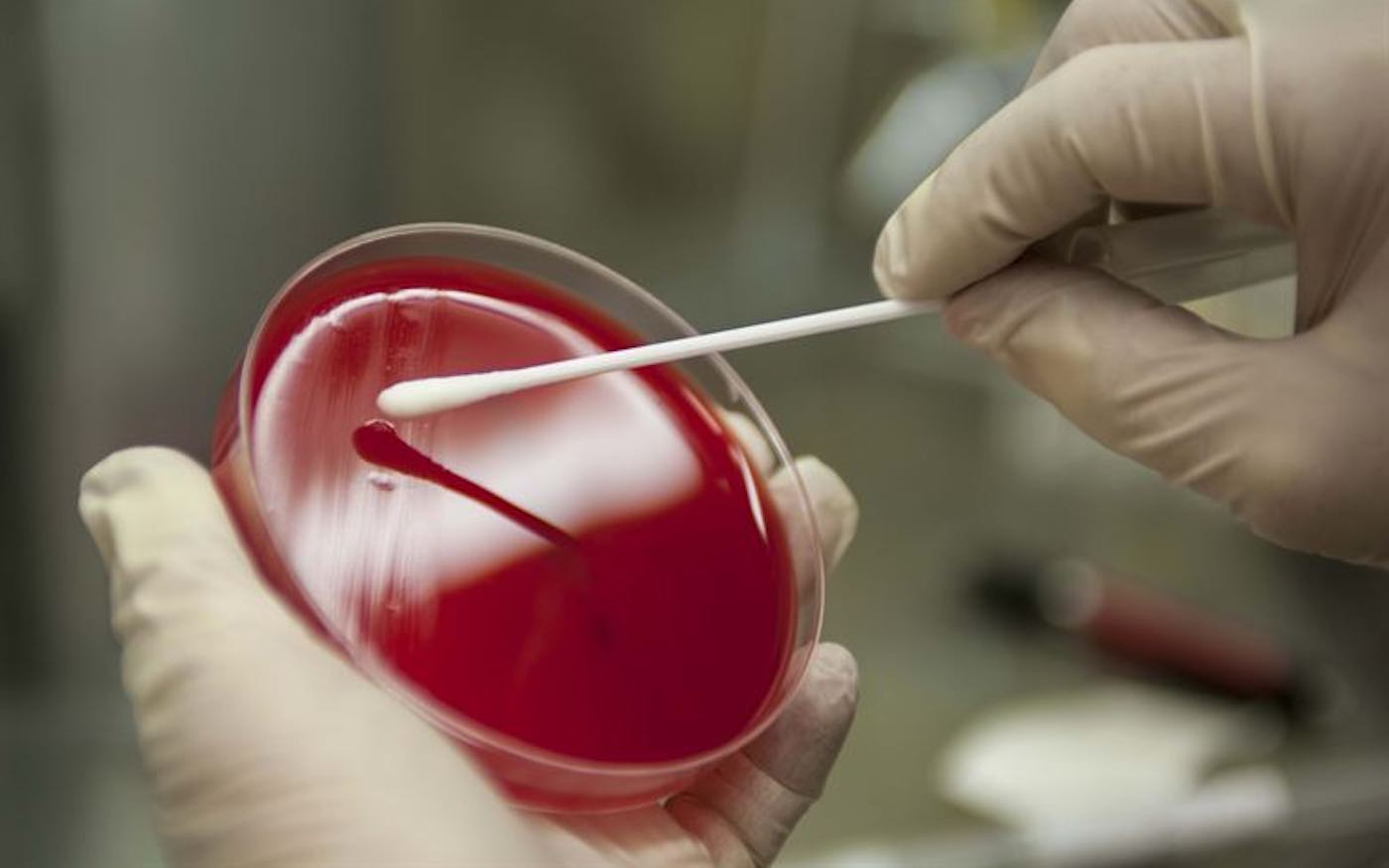Health care professionals may be able to dramatically speed up the COVID-19 testing process now that Israeli scientists have successfully demonstrated a technique for simultaneously screening up to 60 patient samples at a time, rather than individually.
Communities around the world are emphasizing the need for virus testing amidst the coronavirus outbreaks. In Seattle, health care professionals are setting up drive-through test sites that allow patients to submit samples in as little as 3 minutes—all without having to leave their vehicle. Meanwhile, a small town in northern Italy has reported zero new infections since they blanket tested all 3,300 of the town’s residents.
Now, researchers at Technion—Israel Institute of Technology and Rambam Health Care Campus have tested a method that will dramatically increase the current COVID-19 testing capacity using existing available resources. This method, known as pooling, enables simultaneous testing of dozens of samples.
Its implementation has the potential to greatly accelerate the rate of testing and detection of COVID-19 infected patients in the population. The trial was completed in a matter of days thanks to the support of the Ministry of Health and the close collaboration between Technion and Rambam.
RELATED: 10 Positive Updates on the COVID-19 Outbreaks From Around the World
Testing for COVID-19 is currently being conducted in Israel with the focus on people with specific symptoms. The current rate of testing—about 1,200 a day—does not allow for monitoring of asymptomatic carriers in the population, which is vital to curb the epidemic.
COVID-19 is diagnosed with PCR testing, which is common for virus monitoring. This test examines the presence of a unique genetic sequence of viruses in a sample taken from the patient. The test takes several hours thus generating a bottleneck in identifying COVID-19 infected people in Israel and around the world.
“Today, we receive approximately 200 COVID-19 test samples a day, and each sample undergoes individual examination,” said Dr. Yuval Gefen, director of the Rambam Clinical Microbiology Laboratory. “According to the new pooling approach we have currently tested, molecular testing can be performed on a ‘combined sample,’ taken from 32 or 64 patients. This way we can significantly accelerate the testing rate. Only in those rare cases, where the joint sample is found to be positive, will we conduct an individual test for each of the specific samples.”
CHECK OUT: Gates Foundation Commits $100 Million to Speeding Up Coronavirus Treatments and Response
According to Professor Roy Kishony, head of the research group in the Faculty of Biology
at Technion, “This is not a scientific breakthrough, but a demonstration of the effectivity of using the existing method and even the existing equipment to significantly increase the volume of samples tested per day. This is done by pooling multiple samples in a single test tube. Even when we conducted a joint examination of 64 samples in which only one was a positive carrier, the system identified that there was a positive sample.
“Although there are some logistical challenges in implementing the method, we expect that it will greatly increase the volume of samples tested per day so that we can identify the asymptomatic carriers. This approach should reduce the chance of infection and flatten the infection curve.”
Director of the Rambam Virology Lab, Dr. Moran Szwarcwort-Cohen estimates that, “implementing pooling in the final stage of the PCR test will make it easier for us to shorten the entire process and significantly increase the test rate.”
CHECK OUT: CDC Director Commits to Free Coronavirus Testing for Anyone in the US Regardless of Insurance
The American Technion Society supports visionary education and world-changing impact through the Technion – Israel Institute of Technology. Based in New York City, the institution represent thousands of US donors, alumni, and stakeholders who invest in the Technion’s growth and innovation to advance critical research and technologies that serve the global good. Now with a presence in three countries, the Technion will prepare the next generation of global innovators.
President of the Technion Professor Uri Sivan said: “This experiment conducted by Technion and Rambam researchers is complex, and under normal circumstances would take months. This is a remarkable example of the mobilization of an outstanding team in a time of crisis. The initial experiment was completed in less than four days. This achievement emphasizes the importance of the close relationship between Technion and Rambam and between medicine and engineering. Technion researchers have been enlisted in the war against the coronavirus and this is one of the many activities currently underway at Technion to combat the spread of the disease.”
Multiply The Good By Sharing The News With Your Friends On Social Media – Representative photo by U.S. Air Force/Senior Airman Stephanie Sauberan




















